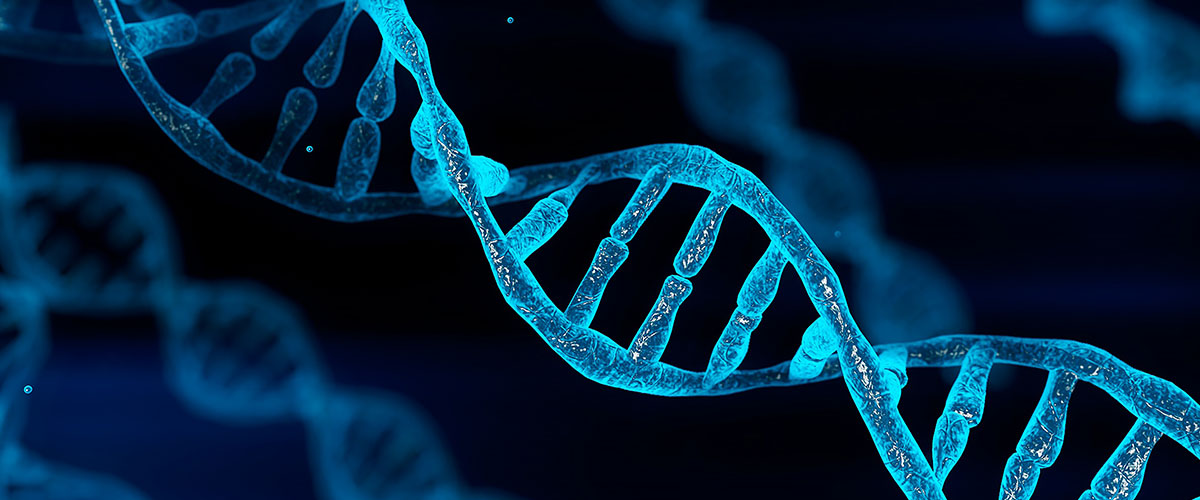)
Linking preclinical pharmacogenomics to clinical genomics for precision oncology
Researcher: Nikta Feizi
Institution: University Health Network – Princess Margaret Cancer Centre
Mentor: Dr. Benjamin Haibe-Kains
Consortium: PM2C
Program: MOHCCN Health Informatics & Data Science Awards
Summary
Pancreatic cancer begins in the tissues of the pancreas - an organ located in the lower part of the stomach. The most common type of pancreatic cancer begins in the cells that line the ducts that carry digestive enzymes out of the pancreas also called Pancreatic Ductal Adenocarcinoma (PDAC). It is highly lethal with increasing incidence and low predictability of treatment outcomes. When diagnosed, the chances of the patients surviving more than 5 years are shallow, mainly due to a dearth of effective treatment options. Considering the ethical and practical limitations of experimenting on patients, researchers across the globe have built alternative model systems such as cell lines and mouse models using the cancer tissue extracted from patients. Promising results have been achieved on these model systems for drug testing and understanding the biological mechanisms of cancer. These models capture the genetic landscape of cancer such as mutations. However, much work is still needed to apply the findings from these model systems to patients in the hospital.
One of the main reasons for this failure is that the cancer cells of ductal adenocarcinoma are hard to grow in the lab. Hence scientists are often limited with fewer model systems to explore the failure of translatability between patients and alternative model systems. In this project, we have the benefit of obtaining one of the largest and growing PDAC datasets where cancer tissues from patients are grown on petri dishes into 3D clusters of cancer cells called Patient-Derived Organoids (PDO). With this project, we aim to dive deep into the similarities and differences between model systems and patients along with the factors influencing the effect of drugs on patients and PDO. This requires the application of mathematical models and computational resources. Our hope is to use the versatile expertise of clinicians, computational biologists, statisticians and software developers to develop a tool that compares patient-derived models and patient data and predict whether models derived from a tumour will be predictive of drug response.
Quotes
“I am excited to receive this award because this project provides the opportunity to promote the translational potential of patient-derived organoids to its fullest extent. We aim to unlock new venues that not only improve the clinical outcomes of pancreatic ductal adenocarcinoma patients but also show promise to be extended to other cancer types.” Nikta Feizi, HI&DS Award recipient
“The MOHCCN is generating highly valuable molecular and clinical profiling of pancreatic cancer patients, allowing for preclinical models that can help us understand which treatment would be the most effective at killing cancer cells. However, the derivation process of these preclinical models is complex and may affect the way they respond to drugs. Nikta’s study supported by a MOHCCN HI&DS Award will shed new light on the molecular characteristics of pancreatic cancer models that do recapitulate the therapy response of patients compared to those that do not, helping researchers to better leverage these models to guide treatment decisions.” – Dr. Benjamin Haibe-Kains, mentor
